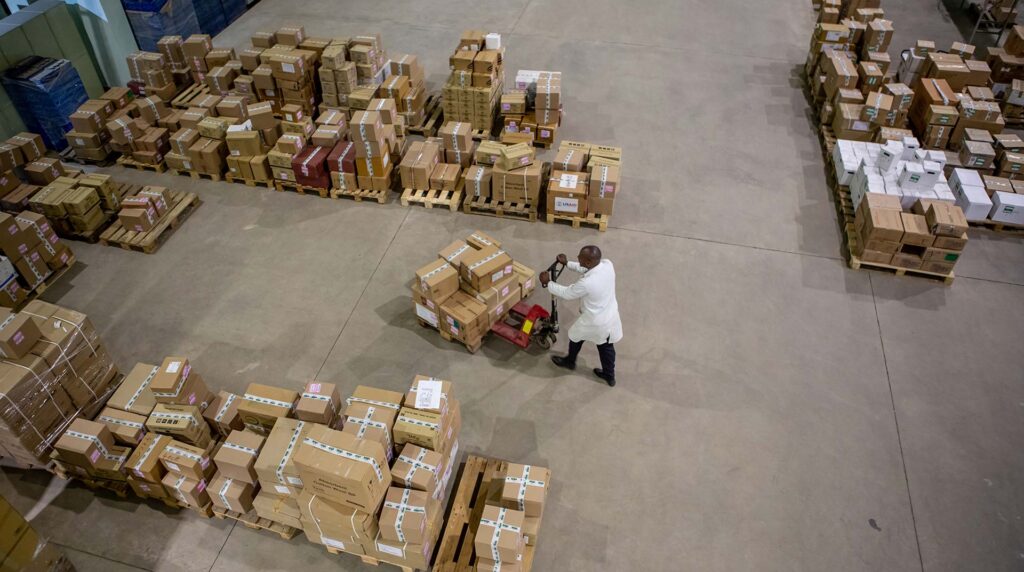The United Nations Development Programme (UNDP), with its consortium partners UNICEF, UN Women, and Handicap International, is implementing the Strengthening Urban Preparedness, Earthquake Preparedness, and Response in the Western Region of Nepal (SUPER II) project. Funded by ECHO, this project is a continuation of the Strengthening Urban Preparedness, Earthquake Preparedness, and Response in the Western Region of Nepal (SUPER) and the Institutionalization-Strengthening Urban Preparedness, Earthquake Preparedness, and Response in Western Regions of Nepal (I-SUPER) Programme (2021-2024). The project aims to institutionalize demonstrated urban and earthquake preparedness and response systems at the provincial and municipal levels and upscale them through federal linkages, policy engagement, advocacy, and system strengthening. Thus, it contributes to Nepal’s vision of building a safer, adaptive, and resilient nation against disaster risks for sustainable development, as envisioned in the Disaster Risk Reduction National Strategic Plan of Action (2018-2030).
The project is being implemented in three local governments: Dhangadhi Sub-Metropolitan City, Nepalgunj Sub-Metropolitan City, and Birendranagar Municipality and across three provinces: Sudurpaschim, Karnali, and Lumbini. It focuses on:
i) Institutionalizing a government-led operational system for urban and earthquake preparedness at the provincial and local levels for effective response.
ii) Strengthening coordination and information management at provincial and municipal levels, aligned with the national framework, for disaster risk governance.
iii) Enhancing policy engagement to scale up disaster preparedness and response mechanisms at federal, provincial, and local levels.
Volunteer mobilization as a key component of the SUPER project, had previously actively engaged to strengthen the preparedness and response capacities of disaster-vulnerable communities. Volunteers were trained in disaster risk reduction, emergency response, and first aid, equipping them to act as first responders during emergencies. They conducted community outreach and awareness campaigns on earthquake preparedness and urban risks and organized drills and simulations to improve community readiness. Volunteers also supported the operation of Emergency Operation Centers (EOCs) by assisting with coordination, communication, and information management. The project emphasized gender and social inclusion, promoting the involvement of women, marginalized communities, and persons with disabilities while mobilizing volunteers. Collaboration with local organizations and community-based groups ensured effective volunteer mobilization and helped build a sustainable, community-led culture of resilience.
Thus, to further strengthen local capacity and create a pool of skilled human resources for efficient disaster response, SUPER II plans to train 72 volunteers, including municipal police from Dhangadhi Sub Metropolitan City of Sudurpaschim province, Nepalgunj Sub Metropolitan City and Birendranagar Municipality of Karnali province (24 participants in each municipality). The training will be based on Disaster Volunteer Mobilization Basic Training Curriculum-2081, developed by NDRRMA.


